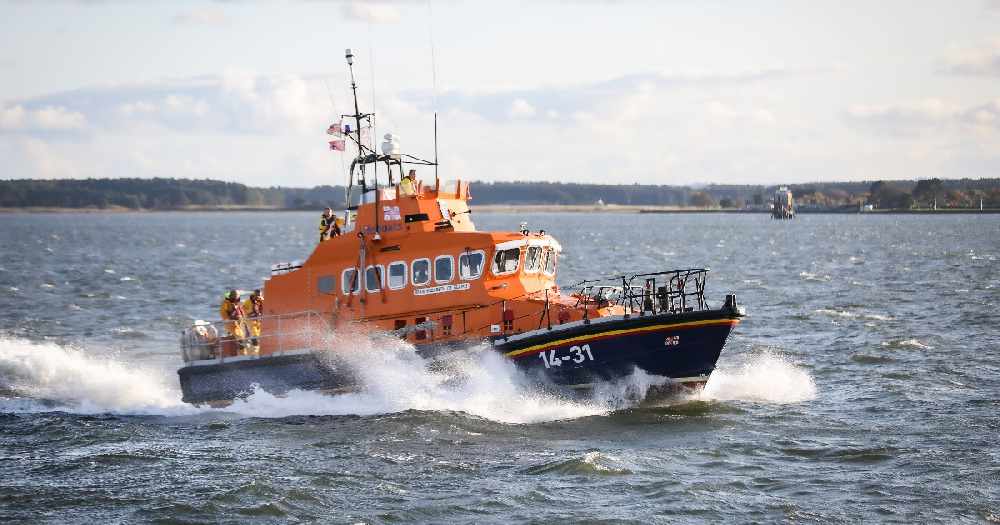
The RNLI is urging people in Scotland to avoid travelling to the coast as some lockdown restrictions are eased later this week.
It is expected that the first minister will announce tomorrow that people are allowed to take part in unlimited exercise - and can meet one other household at a time outdoors.
The public will also be permitted to travel for exercise, and although there is not a legal limit on that, the recommendation is that people don't go further than five miles from their homes.
There has already been a rise in the number of rescues being carried out in England following an easing of lockdown there - and the RNLI in Scotland is keen to avoid a similar situation.
Jacob Davies, lifesaving manager for Scotland, said: "With an unusually warm spring coupled with the easing of a lockdown which has seen many of us unable to visit our favourite beaches, we expect many people to be eager to hit the coast.
"However, just because the lockdown restrictions are being relaxed does not mean our coasts are safe, the dangers that have always been there remain.
"We ask those who are local to beaches to continue to be aware of the inherent dangers and to avoid taking risks. Our strong advice to the Scottish public, who are not local to a beach, is to exercise locally and not to travel to the coast.
"Scotland's air temperature may be warming up but the sea temperature remains consistently chilly all year. Jumping or falling into cold water or spending longer periods than normal submerged in the water can lead to, potentially fatal, cold water shock."
Michael Avril, Scotland's water safety lead for the RNLI and chair of Water Safety Scotland, said: "The Scottish public need to remember the following safety advice: stay in familiar surroundings, follow Scottish Government advice of remaining within five miles of your home, don't put yourself, your family and emergency services at risk by taking risks or assuming it 'won't happen to you'. If you do see someone at risk call 999 and ask for the coastguard."


 Jimmy Thelin appointed new manager of Aberdeen Football Club
Jimmy Thelin appointed new manager of Aberdeen Football Club
 Calls for action over rise in Westhill anti-social behaviour
Calls for action over rise in Westhill anti-social behaviour
 Scots waiting over 4 years for neurodevelopmental diagnosis
Scots waiting over 4 years for neurodevelopmental diagnosis
 9°C
9°C
 9°C
9°C
 9°C
9°C